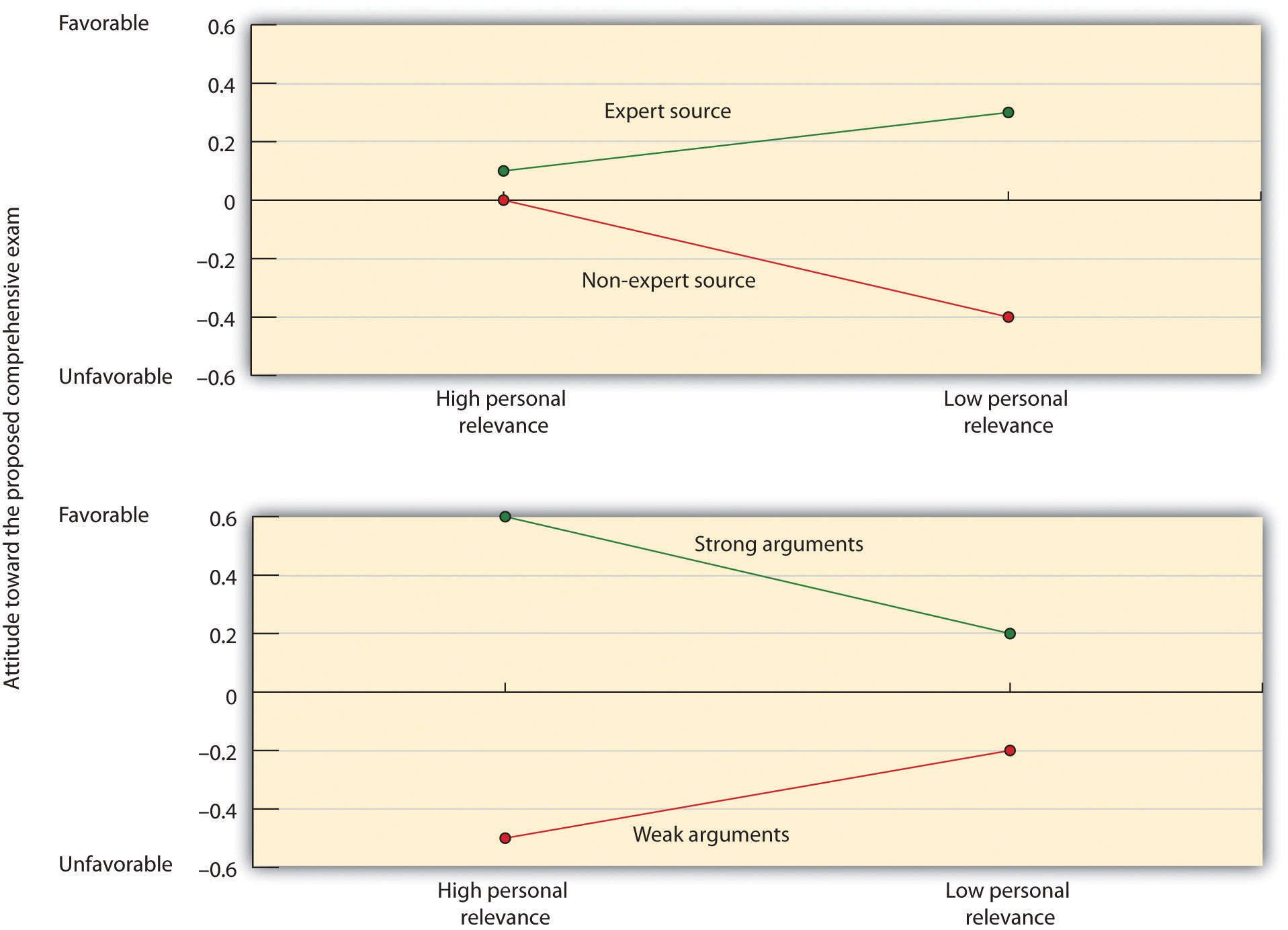
Sure! Here’s a rephrased version of the provided text:
—
**Analyzing John Bargh’s *Before You Know It*: An Examination of the Unconscious Forces Influencing Our Actions**
John Bargh, a prominent figure in the realm of social psychology, is renowned for his groundbreaking experiments that explore the concealed influences affecting our behavior. His 2017 publication, *Before You Know It: The Unconscious Reasons We Do What We Do*, serves as a comprehensive effort to bring together years of research into an engaging and understandable narrative about the unconscious mind’s influence on daily life. Yet, this book is released at a time when Bargh’s discipline—and social psychology as a whole—is facing challenges stemming from the replication crisis, which prompts crucial inquiries regarding the reliability and understanding of foundational research.
In *Before You Know It*, Bargh skillfully navigates readers through a captivating array of psychological investigations, including some of his most well-known experiments. Among these are studies demonstrating that subtle priming—exposure to words associated with the elderly—reportedly caused participants to walk more slowly, or that the sensation of holding a warm drink affected feelings of warmth toward a stranger. These findings are remarkable and have been pivotal to the notion that minor environmental stimuli can profoundly influence human behavior without our conscious awareness.
Bargh’s passion is evident throughout the book, reflected in his straightforward writing style and personal stories—ranging from family vacations to his admiration for Led Zeppelin. Additionally, he draws on various fields, integrating concepts from evolutionary biology (Darwin), behaviorism (Skinner), psychoanalysis (Freud), and cognitive neuroscience into his discussion. A significant strength of *Before You Know It* is its effort to bridge conventional disciplinary divides, portraying social psychology as a component of a more holistic understanding of human conduct.
Nonetheless, Bargh’s narrative has notable limitations related to both conceptual and methodological issues.
Firstly, the scientific validity of numerous studies he outlines—including those concerning social priming—has been called into question. The replication crisis in the field of psychology has highlighted that many well-known effects do not replicate, which raises skepticism about earlier results that were often accepted without rigorous examination. Although Bargh has found himself at the heart of some controversies (critics pointing out concerns with design, statistical power, and reporting methods), in *Before You Know It* he generally avoids engaging with these criticisms. This omission is significant: readers would gain from at least a brief discussion on whether and how his conclusions endure under replication attempts.
Secondly, Bargh’s interpretation of the “unconscious” might be viewed as problematic. He often categorizes any behavioral influence that individuals do not verbally acknowledge as stemming from the unconscious. This broad application risks making the term lose its significance. A lack of conscious verbal acknowledgment does not necessarily imply a total absence of awareness at all psychological levels. Without a more substantial theoretical basis, “the unconscious” becomes an overly vague term rather than a precise explanatory framework.
Beyond these concerns, the book’s narrative structure presents missed opportunities. While personal anecdotes are included, they often feel surface-level, providing readers with mere fleeting insights into Bargh’s life without deepening understanding of the experiences that informed his career path. Likewise, although the experiments are intriguing, they are frequently portrayed without enough exploration of alternative interpretations, the intricacies of experimental design, or broader theoretical implications. Readers seeking a comprehensive account that promotes critical thinking and examines opposing hypotheses may feel overlooked.
In conclusion, *Before You Know It* is an engaging and accessible exploration of one perspective on the unconscious mechanisms in human psychology. For newcomers to the field or those curious about how subtle influences can affect behavior, it offers considerable intrigue and understanding. However, for those in pursuit of a thorough and balanced evaluation, particularly in light of the evolving standards in psychology post-replication crisis, the book does not sufficiently tackle the pressing and intricate questions facing the field.
In a time when the scientific community is increasingly expected to demonstrate robustness and transparency, *Before You Know It* would have gained from a more profound introspection—and from providing its readers with a deeper, more critical examination of its own evidence.
—
Would you also like me to provide a concise summary or a list of key takeaways from this article?